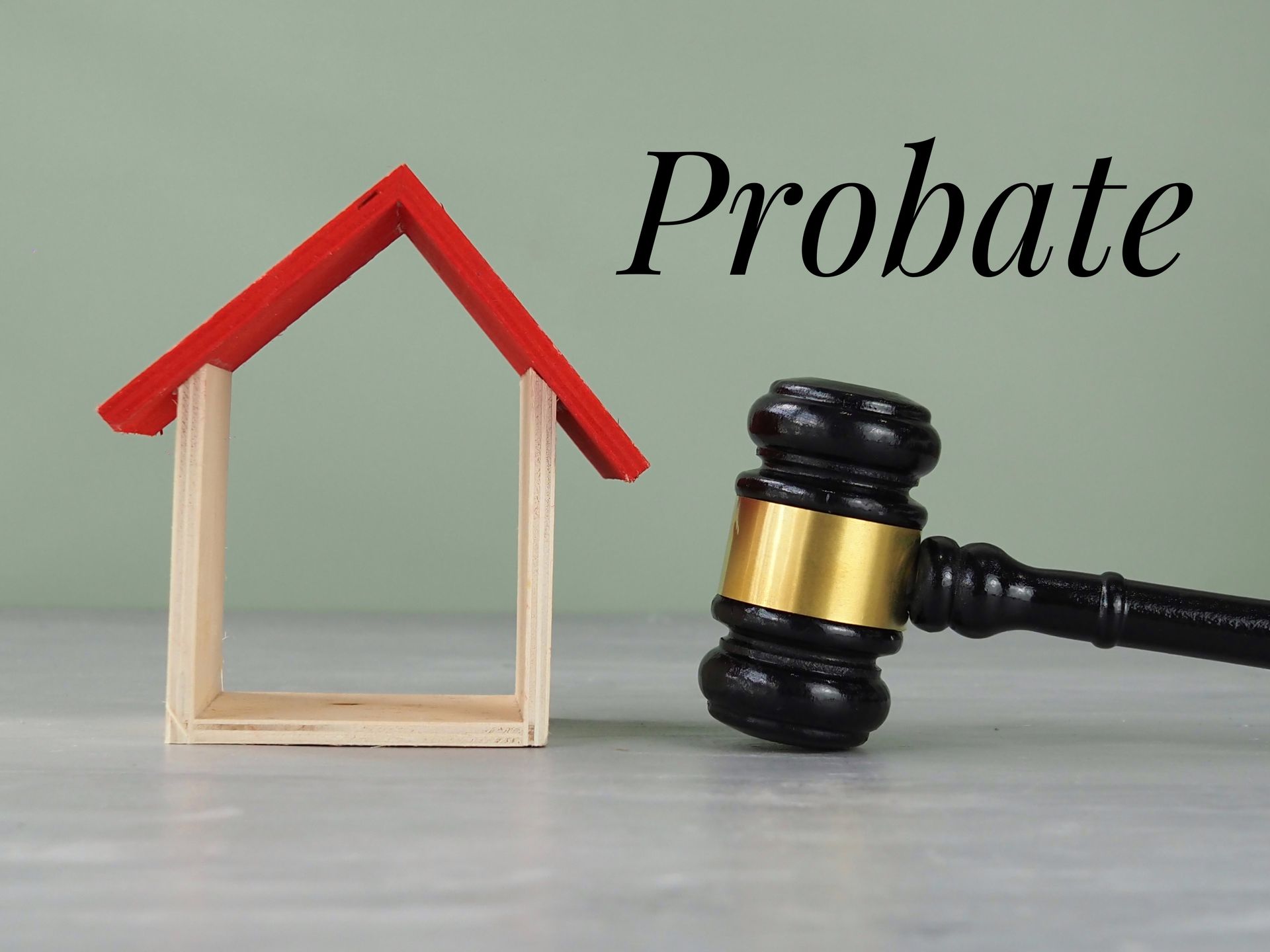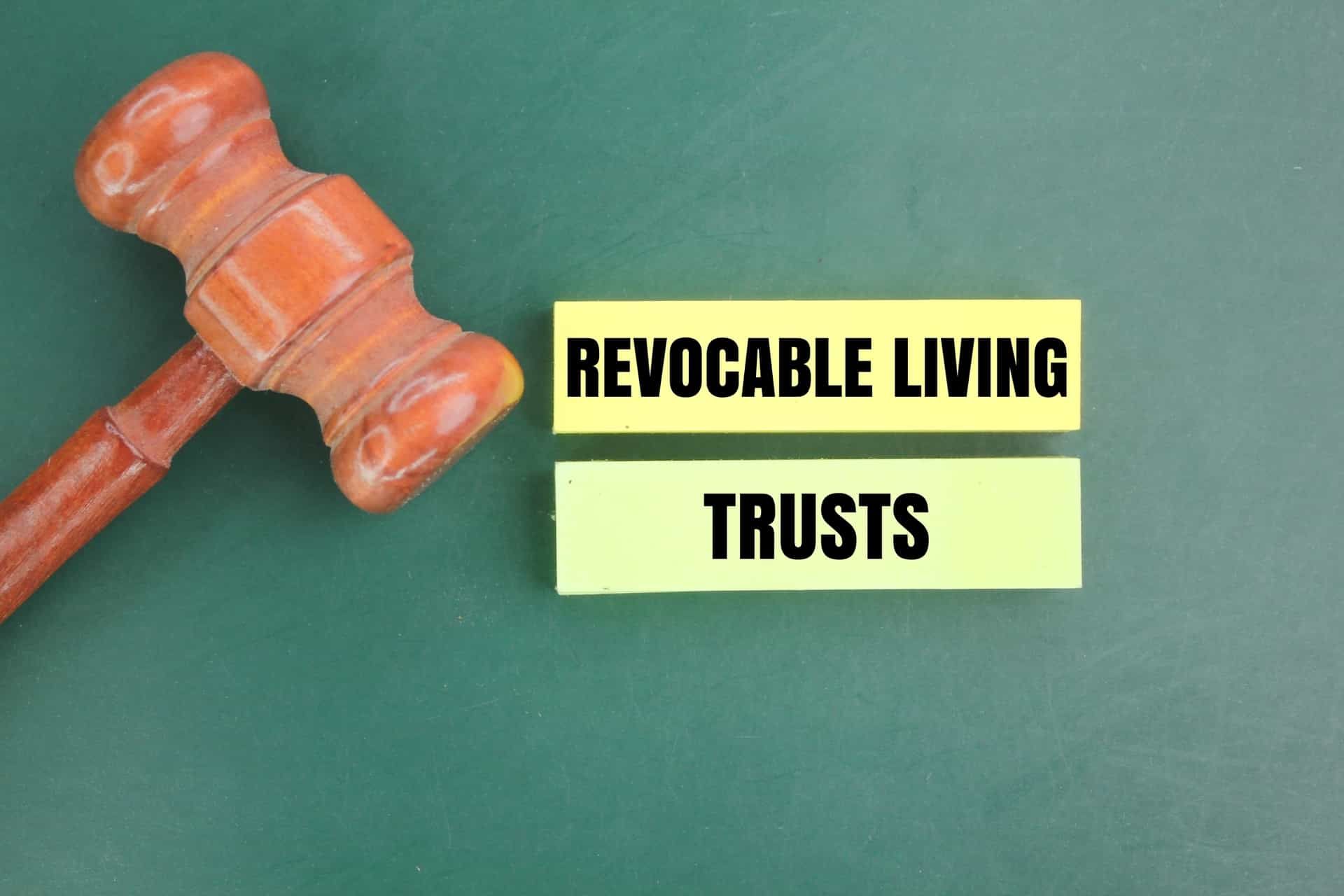How Long Does Probate Take In Florida?
The death of a loved one is an emotionally taxing experience, and on top of that, the entire family has to endure an arduous probate process. Hence, it’s good to know how long does probate take in Florida, especially if you’re fulfilling the role of an executor.
This question isn’t easy to answer as there is a multitude of factors that will affect the overall length. Still, by being familiar with the overview of the entire process, you’ll have an easier time getting the hang of it and might even be able to expedite the process.
Here are the basics.
The Average Length of Probate in Florida
Although nothing is set in stone, if you’re wondering how long does probate take in Florida, there is an average number you can expect.
Generally speaking, probate can wrap up anywhere between four and twelve months, with an average time to settle an estate being half a year. As an executor of the estate, you must stay patient as the process can go over the average length due to many factors.
How long does probate take in Florida will also depend on the complexity and overall size of the estate, the existence of the will, and, if the will is present, whether it is going to be contested by a family member.
Differences Between Summary Administration and Formal Administration
The method of settling the estate will also have an impact on how long does probate take in Florida. For instance, if you’re settling a small estate (less than $75k), you can settle through summary administration probate. This process is simpler and is also available for estates that don’t have an executor or wills.
With summary administration, you can expect the process to take four months, which can increase if the estate is complex or a family member contests a claim.
On the other hand, formal administration is the more complex of the two and may take close to a year to wrap up. This is mostly due to the fact formal administration probate includes a plethora of legal proceedings like trials and hearings.
How to Expedite The Probate Process in Florida
As an executor of an estate, certain actions you do can speed up the probate process. For example:
Complete Your Executor Duties As Fast As Possible
By completing all the executor tasks in a timely fashion, you’ll most likely expedite the process on the court's end as well. These tasks may include compiling all the necessary documentation and filing all the forms.
In addition, if any assets from the estate need to be sold, the probate will most likely be completed sooner in the event you do it as quickly as possible.
This also extends to opening the probate process, which you should do within thirty days. Waiting any longer will also prolong the end date, and there is a higher chance that issues between beneficiaries will arise.
Notify All Interested Parties
You are required to provide all interested parties with a notice of probate. This includes estate creditors, along with beneficiaries. If you fail to do so, probate will most likely grind to a standstill until all parties have been notified.
Maintain Accurate Financial Records
To protect yourself from any allegation of asset mismanagement and to minimize delays in the probate, you need to maintain accurate financial records.
Settle Disputes Between Beneficiaries
The biggest reason for delays in the probate process is disputes between beneficiaries. This is more so true if there is no will or the will is contested by one of the interested parties.
Ask For Professional Help
As you can see, the probate process is fairly complex, and to make matters worse, you have numerous responsibilities and not a lot of time to spare. Fortunately, you can always leverage the assistance of an estate planning attorney.
Doing so will help alleviate some of the pressure and see to it that every time-critical decision is done within legal time frames, ultimately increasing the likelihood that the probate will be completed sooner.
Can You Check The Progress of The Probate Case?
Since you’re an executor of the estate, beneficiaries will probably turn to you for any updates on the probate proceedings (despite the fact the court will update them on the progress of the probate). You can easily look into the progress of the case by doing the following:
Check Out The Court’s Website
Most courts in Florida post new information about their cases on their official websites. Take a gander at the site often to get the latest updates and a general idea of the progress of the probate process.
Get In Touch With The Court Clerk
This individual is the one in charge of handling all the paperwork concerning your probate case. Reach out to them via phone and they’ll be able to provide you with all the information needed, including the stage at which the proceedings are currently in.
Check Your Mail
Courts are required to notify all the parties, including you, of the status of the case. This information may include any details on the hearings that will take place soon or any deadlines which are approaching.
Fulfill All Your Executor Obligations With The Assistance Of Attorneys At Doane & Doane
How long does probate take in Florida is ultimately in the hands of the court, and realistically, you can’t expect a large estate with different types of assets and multiple beneficiaries to be over in four months.
What you do in the process as an executor may help speed up things and eliminate any unpleasant surprises. However, the role you’re fulfilling is very important and improper handling of the estate can cause unnecessary complications.
This is why it’s best you leverage legal services from experienced estate planning attorneys such as
Doane & Doane. Over the years, we’ve guided many executors and beneficiaries through probate and helped them expedite the process significantly.
From the first day, we opened our doors, we have worked hard to earn a reputation as one of the region’s most prominent
tax and estate planning firms in Palm Beach County, Florida. Our dynamic team includes the firm’s founding partners, experienced associate attorneys, CPAs, and an outstanding team of paralegals, legal assistants, and support staff.
Feel free to provide us with details on your case by calling
561-656-0200 or filling out our
contact form.
Note:
The information in this blog post is for reference only and not legal advice. As such, you should not make legal decisions based on the information in this blog post. Moreover, there is no lawyer-client relationship resulting from this blog post, nor should any such relationship be implied. If you need legal counsel, please consult a lawyer licensed to practice in your jurisdiction.
Disclaimer: The information on this website and blog is for general informational purposes only and is not professional advice. We make no guarantees of accuracy or completeness. We disclaim all liability for errors, omissions, or reliance on this content. Always consult a qualified professional for specific guidance.
RECENT POSTS






